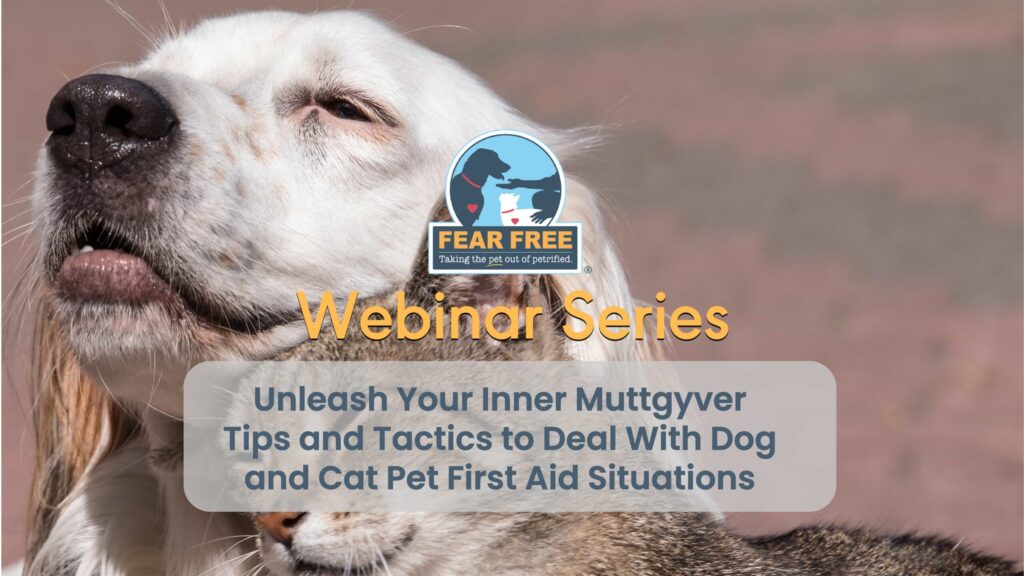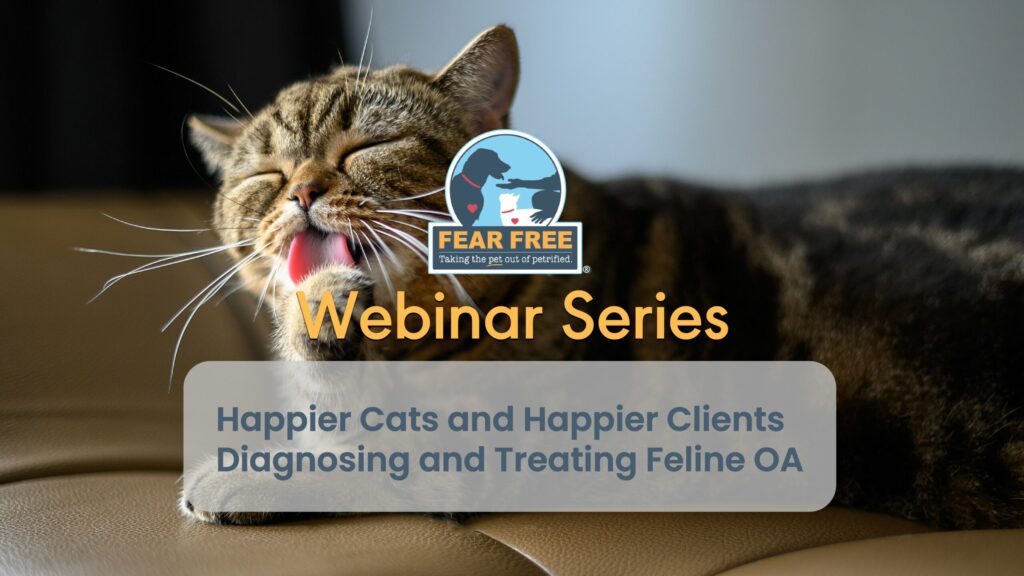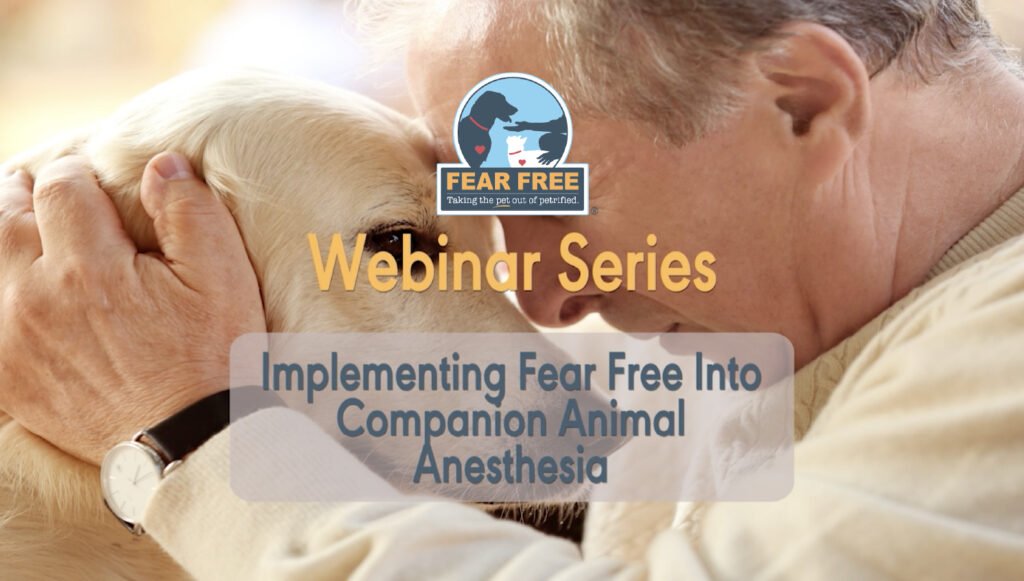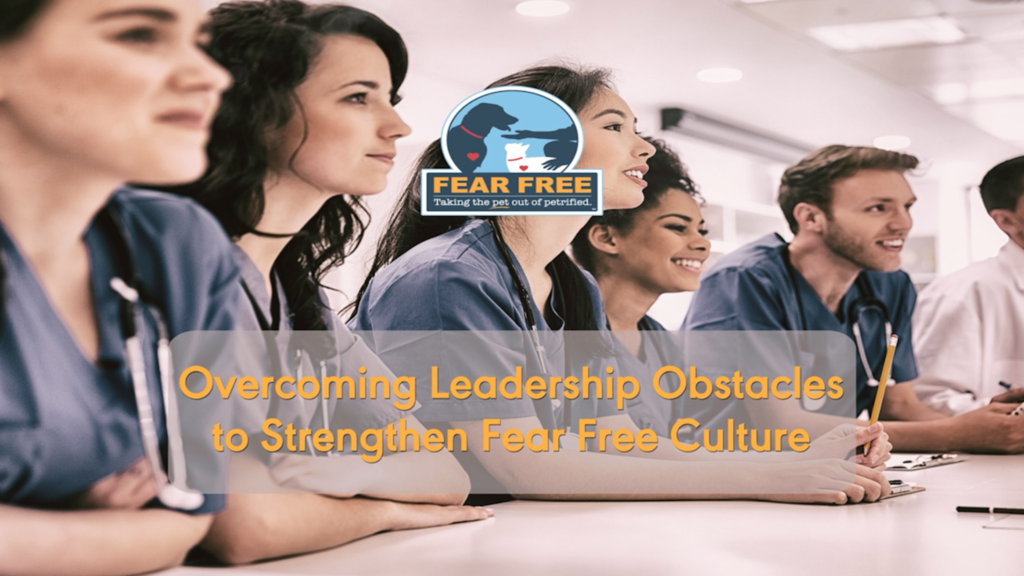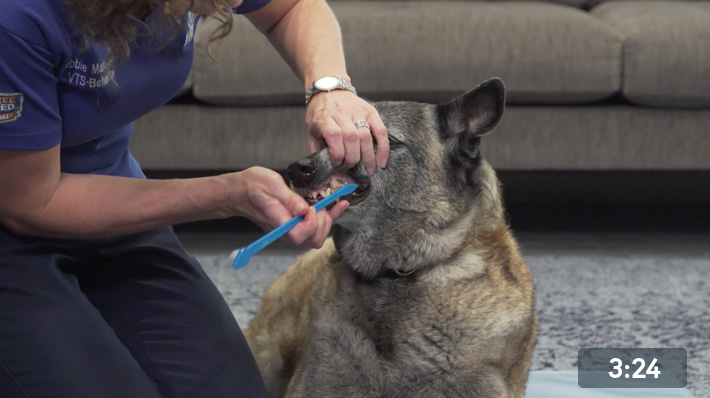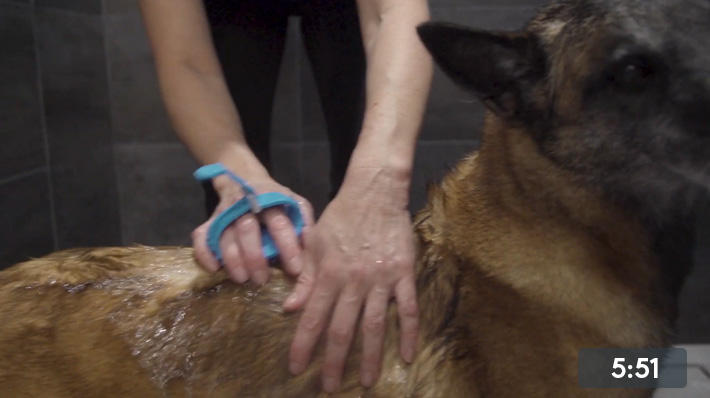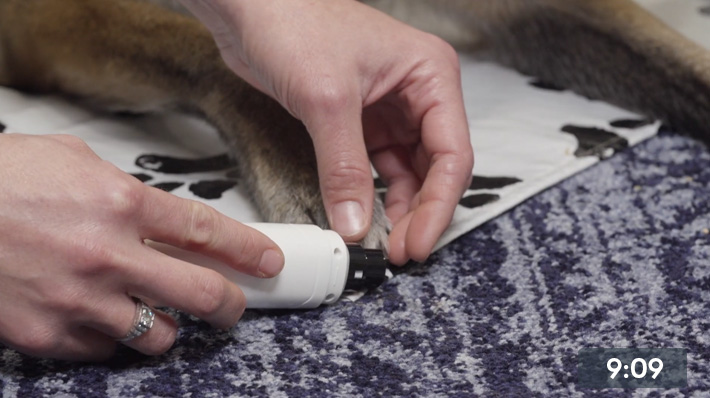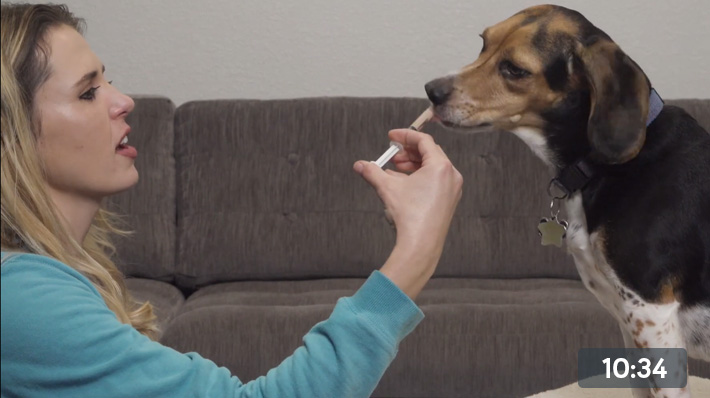Audrey Pavia
For many young people who love animals, becoming a veterinarian is a life-long aspiration that starts in high school and culminates in acceptance to a veterinary college. Reaching that goal takes an incredible amount of work and dedication and can take a toll on a student’s mental health.
Veterinary schools around the country have come to recognize the emotional challenges veterinary students face as they work to complete their degrees and have stepped forward to provide them with help. Right now, every Association of American College of Veterinary Medicine (AACVA) member school offers some kind of program design to help students maintain mental health.
How It Started
Kathleen Ruby, PhD, a psychologist based in Neskowin, Oregon, helped create the first mental health program for vet students, at Washington State University College of Veterinary Medicine.
“I was hired as one of the first counselors/mental health practitioners in the country for a college of veterinary medicine in 1998,” she says. “At the time, the position was quite ill-defined. It had been set up at the request of several faculty who found themselves counseling struggling students not just academically, but regarding personal issues and mental health problems.”
Dr. Ruby had been informed of two suicides of students in the college within a decade, and between these tragedies, and some faculty feeling uneasy about the one-on-one care many students seemed to require, the administration was persuaded to hire a professional to aid and support students.
“As a PhD mental health therapist with 12 years of experience running a private practice, as well as having helped a medical social worker work with students in my husband’s medical residency, I was seen as a good candidate,” she says.
At first, Ruby’s position was viewed as similar to an in-house university counseling center, where students made counseling appointments when they felt they were needed, and the counselor served as an in-house therapist.
“The program continued this way for a couple of years, and I found myself inundated with anxious, depressed, and overwhelmed students,” Ruby says. “The levels of anxiety, anxiety disorders, and mild to moderate depression were much higher than I was used to seeing in my private practice.”
Ruby notes that most vet students are young adults, which is the prime age for some mental illnesses to appear.
“I found myself dealing with several bipolar breaks,” she says. “Acutely, there were students who were victims of sexual assault, rape, and domestic violence, as well as divorce. More chronically, we had several students who had a great deal of childhood trauma, which they’d been able to cope with until put within the pressure cooker of an extremely difficult curriculum challenge.”
Ruby found–and other counselors in CVMs agreed–that the academic intensity; the closed nature of programs in which classes are small, with approximately 100 students who remain together all four years; the financial challenge of paying for medical school; the young-adult life stage; relationship challenges; and personal challenges inherent in medical training all contributed to making veterinary medical training a challenge to student mental health and well-being.
“Once this was ‘diagnosed,’ we began to craft programs to address some of the major stress points in the environment of training itself,” she says.
Helping Students
Fast forward to 2022, and students at vet schools in the U.S., as well as some in Australia and New Zealand, have access to mental health programs designed specifically for them. In addition, the AAVMC now offers an Accepted Student Wellbeing course for new vet school students, and is partnering with several organizations, including the Veterinary Mental Health Initiative, to create tailored resources on specific topics for students, staff, and faculty.
At University of California at Davis, the school of veterinary medicine student mental health program is designed to be multifaceted to meet student needs through the entirety of their professional school experience, according to A. Zachary Ward, Ph.D., coordinator of mental health and wellness programs.
“We start by interfacing with our first-year students in their first weeks of the program,” he says. “We work to overtly promote the focus on mental health and wellness at our school, and reduce the perceived stigma associated with reaching out for help when needed. We provide multiple presentations on mental health topics over the years and serve as mentors to the Health and Wellness Club, a student-run organization on our campus.”
The program also provides consultation to students, faculty, and staff on mental health-related topics, with particular focus on consultation around how someone can help a student when concerned about their mental wellbeing.
“We also explore methods for promoting mental wellbeing within the systems of our campus,” says Ward. “However, the bulk of what we do is provide direct clinical services to our students through individual psychotherapy, crisis intervention, group counseling, and couples therapy.”
It Works
These efforts to help vet students navigate life is paying off at UC Davis, according to Ward.
“Results can be measured in several ways, using metrics that we use to show psychotherapy works, via students’ responses to mental health symptom surveys and client satisfaction surveys,” he says. “However, to me, it’s the qualitative feedback that we receive from students that really tells me that our program is making a significant impact in their lives.”
Ruby believes the best gauge of success is how far and wide the understanding of mental health issues and the importance of personal well-being has spread throughout all echelons of the veterinary profession in the past two decades.
“Leadership at veterinary colleges and throughout the profession have gone from being somewhat apprehensive about the need for such care and training to becoming enthusiastic supporters and advocates,” she says. “Almost all the colleges now have at least one mental health professional, and some more than one. Most have well-integrated and sustainable wellbeing programs that are woven throughout the curriculum.”
Veterinary mental health and its challenges have been recognized, studied, and reported on throughout academic journals and popular media, Ruby says. She finds that this proliferation of knowledge, resources, training, and awareness-building has been a positive and helpful force within the profession.
“Perhaps the most exciting trend for me is that many of the speakers at educational conferences, and some of the current counselors, authors, and researchers are now DVMs who have recognized the need within their profession and have gone on to get additional certification in mental health and well-being fields to work within and improve the health of their own profession,” she says. “I can think of no greater validation than that!”
This article was reviewed/edited by board-certified veterinary behaviorist Dr. Kenneth Martin and/or veterinary technician specialist in behavior Debbie Martin, LVT.
Audrey Pavia is a freelance writer and author of Horses For Dummies and Horseback Riding for Dummies. She lives in Norco, California, with her two Spanish Mustangs, Milagro and Rio.
